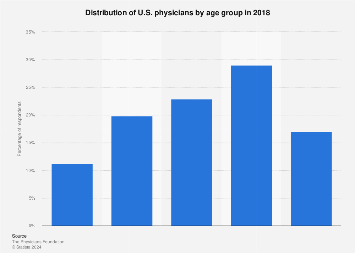this seems fine and dandy but u cant have ur cake and eat it too. Let's say we force PAs/NPs to go to places with very little access to care. Well to be able to actually function, they need independent practice rights. So we give it to them in high-need states, which by the way are all of them because almost every state has geographies with physicians in the single digits per X amount of ppl. Then the health systems they work for notice that theres increased access, more utilization, more revenue from insurance / medicare / medicaid and more jobs created and PA/NP independence continues to expand. Well this is precisely the "nightmare scenario" on Meddit/SDN where APPs can now increasingly function independently. *Eventually* PAs, CRNAs and NPs are going to be competing for jobs with PCPs / EM / Anesthesiologists because from the perspective of the healthcare system they are now a well proven resource and at cheaper cost. So now many practices will have 3 PAs/NPs for every MD/DO in private practice / community care and MDs / DOs will be more concentrated in tertiary, quaternary and academic medical centers, which obviously changes the job landscape.
If you want to prevent that scenario and maintain what is more or less the status quo across the country currently, you need to get physicians into "undesirable" parts of the country. The way to do that in my opinion is to have a sustained national effort to make every part of this country more desirable through investments in infrastructures, new mid-size city hubs distributed across the country, high speed and public transit, education and culture, etc. but that is beyond a pipedream in the current political landscape obviously.
Also, I think its important we step out of our perspective as physicians. PAs / NPs / CRNAs are also human beings in this country trying to work and sell their labor on the market. By what justification can we "force" them to work in one place while physicians get to choose? You can rant about training, quality, education etc until you're blue in the face but in the eyes of cold hard economics, politics, and certainly ethics there is no justifiable reason for this kind of draconian allocation IMO. That said, I would be very supportive of all providers, including physicians, being required to work in an underserved area for X years in exchange for free education + living stipend throughout medical school.
Like you, I believe physicians and PAs specifically have the most consistent and best training to be engaged in patient care. Many NPs are great but the training is too inconsistent across programs. But this is not a justification for essentially subjecting them to discriminatory treatment in the job market where they are not allowed to simply work wherever they are able to find it like any other person living in the us.

